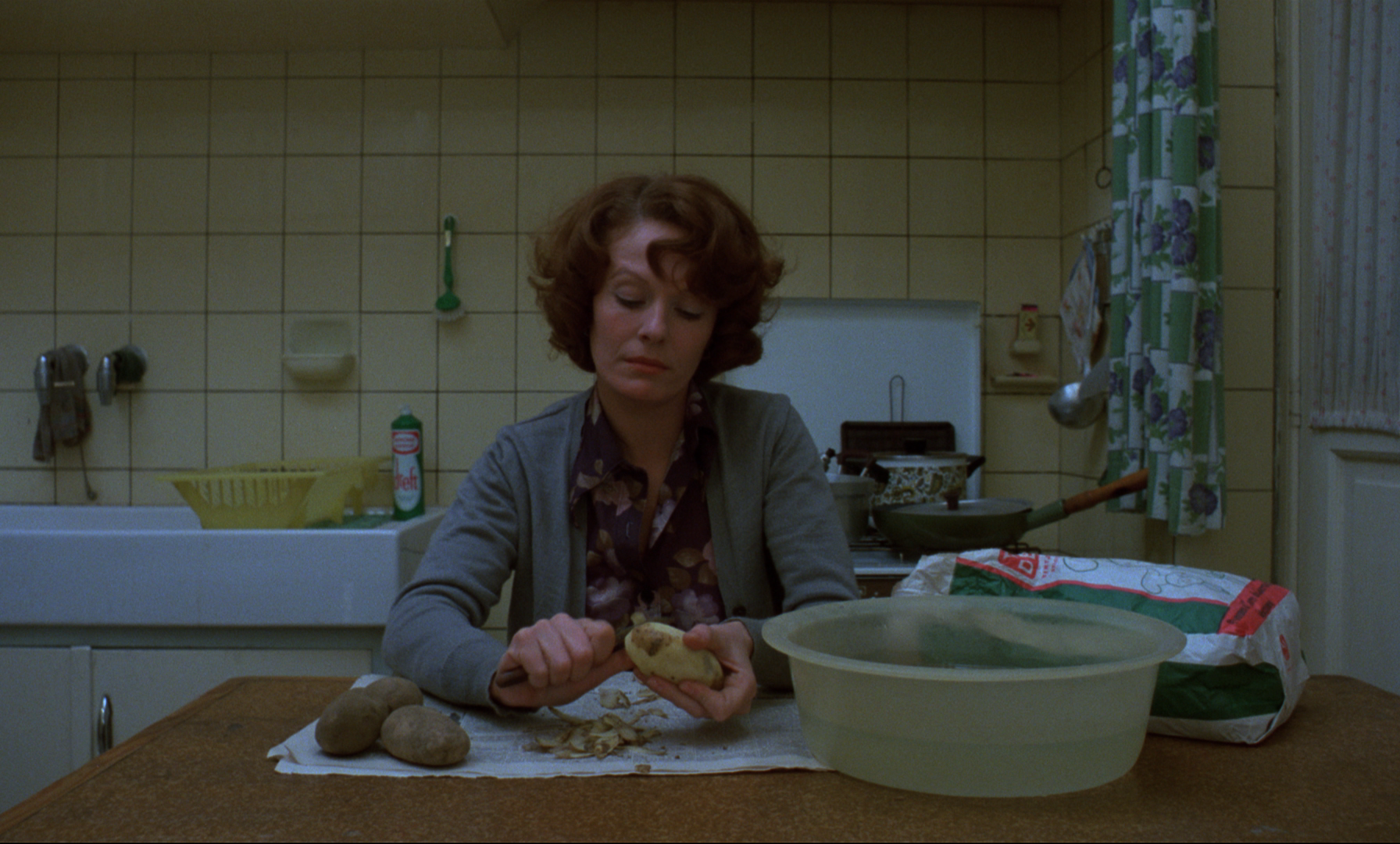Shyam Benegal: Pioneer of India’s parallel cinema movement dies at 90
Share:
Benegal, celebrated for classics like Ankur and Manthan, shaped Indian cinema with socially impactful storytelling. Shyam Benegal, known as a pivotal figure in the Indian parallel cinema movement of the 1970s and 1980s, has died at the age of 90. He died on Monday in Mumbai, the capital of Maharashtra, due to a chronic kidney ailment, his daughter Pia confirmed to several Indian media outlets.
“He passed away at 6.38pm at Wockhardt Hospital Mumbai Central. He had been suffering from chronic kidney disease for several years but it had gotten very bad. That’s the reason for his death,” she said. Benegal is celebrated for classics such as Ankur (1974), Nishant (1975), Manthan (1976), Mandi (1983), and Zubeidaa (2001), which explore themes of social reform, women’s rights, and the divisions inherent in Indian society.
A recipient of 18 National Film Awards, the Dadasaheb Phalke Award — India’s highest honour in cinema — and the civilian honours of Padma Shri and Padma Bhushan, Benegal’s contributions to cinema are unparalleled. Born on 14 December 1934 in Hyderabad, in the south-central Indian state of Telangana, Benegal began his career in advertising before transitioning to filmmaking. His debut film, Ankur, set him apart with its incisive storytelling that explored the caste system and rural feudalism.
The filmmaker often expressed his dislike for the term “middle cinema”, frequently used to describe his films. “I hate that term. What is that? I would say my cinema appeals to the urban, middle-class literate audience who do not need to be spoon-fed,” he told Hindustan Times in 2023.












